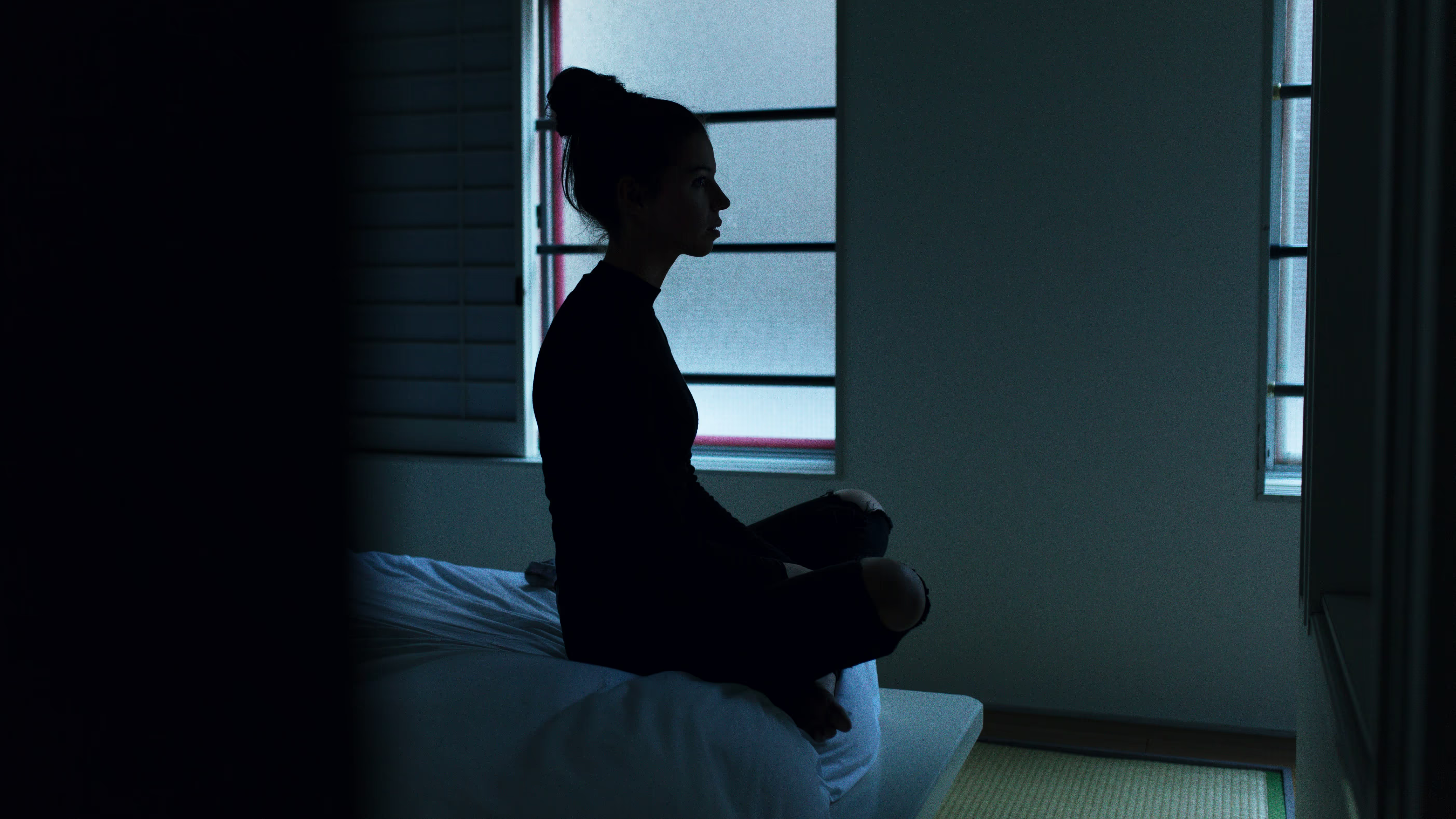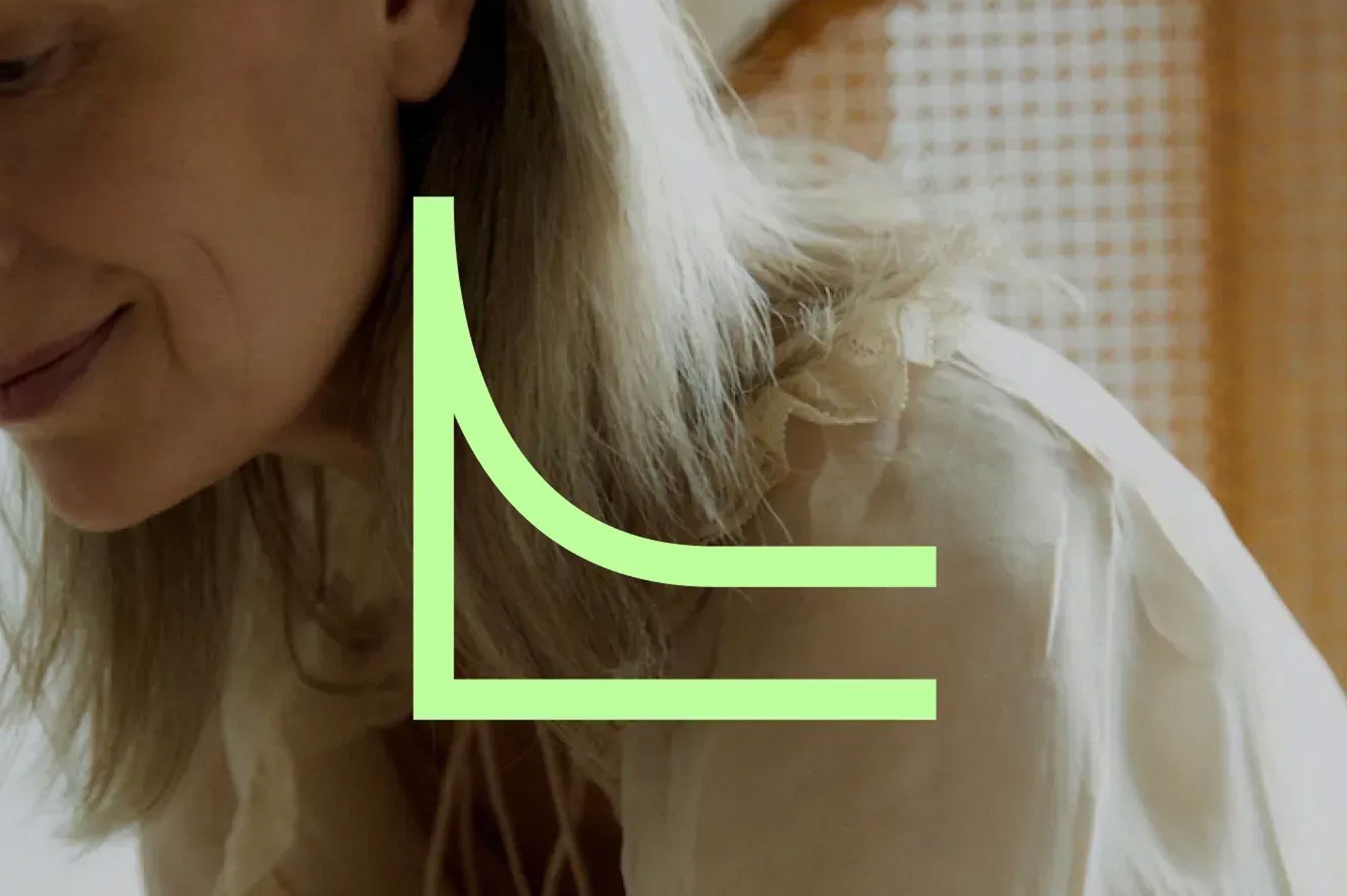You’re staring at the screen, eyes glazed. A meeting drags on. You push through, convincing yourself that working straight through is the most productive choice. But science tells a different story: even one- to two-minute “micro-breaks” can restore attention, ease stress and keep your performance steady.
Micro-breaks aren’t indulgences—they’re maintenance for your brain and body.
The Science of Breaks
Cognitive resources are finite. Studies show that prolonged focus leads to mental fatigue, reducing accuracy, memory and creativity. Micro-breaks help replenish these resources by giving the brain short recovery periods. A 2017 meta-analysis found that brief breaks significantly improved vigor and reduced fatigue across tasks, with the benefits strongest when the breaks included physical movement or relaxation activities.
Types of Effective Breaks
Not all pauses are equal. Stretching, walking or stepping outside boost blood flow and help counteract the effects of sedentary work. Even looking at natural scenes—real or virtual—has been shown to reduce stress and improve attention. Mindful breathing or quick gratitude check-ins lower stress hormones and increase emotional regulation. The common thread is shifting mental gears, giving the brain a chance to reset.
Why Breaks Beat Burnout
Without pauses, stress hormones accumulate, pushing the nervous system into overdrive. Over weeks and months, this compounds into burnout. Regular micro-breaks interrupt the cycle, providing mini-resets that support longer-term wellbeing. A 2022 study confirmed that micro-breaks as short as 10 minutes significantly improved energy and reduced exhaustion in knowledge workers.
What Actually Helps
- Take one- to two-minute stretch breaks every hour
- Step outside for daylight exposure between tasks
- Use mindful breathing or grounding exercises during transitions
- Try “micro-social breaks”: brief, positive interactions with colleagues
Micro-breaks aren’t a sign of slacking—they’re a proven way to work smarter, not harder. By pausing regularly, you protect your energy, sharpen your focus, and reduce the long-term risk of burnout.
Sources & Further Reading
- Albulescu, P. et al. (2022). “Give me a break!” A systematic review and meta-analysis on the efficacy of micro-breaks for increasing well-being and performance. PLOS ONE. https://journals.plos.org/plosone/article?id=10.1371/journal.pone.0272460 PLOS
- Ariga, A., Lleras, A. (2011). Brief and rare mental breaks keep you focused: Deactivation and reactivation of task goals preempt vigilance decrements. Cognition. https://pubmed.ncbi.nlm.nih.gov/21211793/ PubMed
- de Bloom, J. et al. (2017). Effects of park walks and relaxation exercises during lunch breaks on recovery from work. Journal of Environmental Psychology. https://www.sciencedirect.com/science/article/abs/pii/S0272494417300294 ScienceDirect
- Berman, M. G., Jonides, J., Kaplan, S. (2008). The cognitive benefits of interacting with nature. Psychological Science. https://pubmed.ncbi.nlm.nih.gov/19121124/ PubMed









